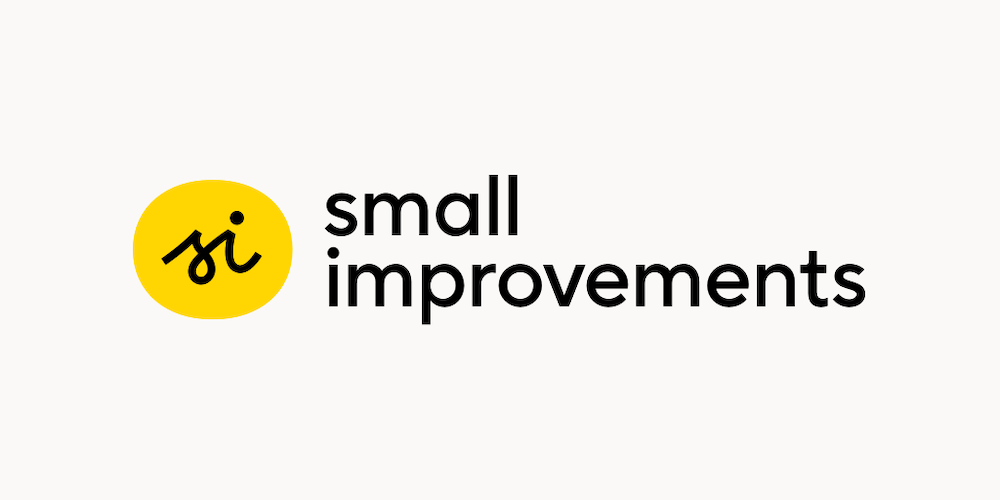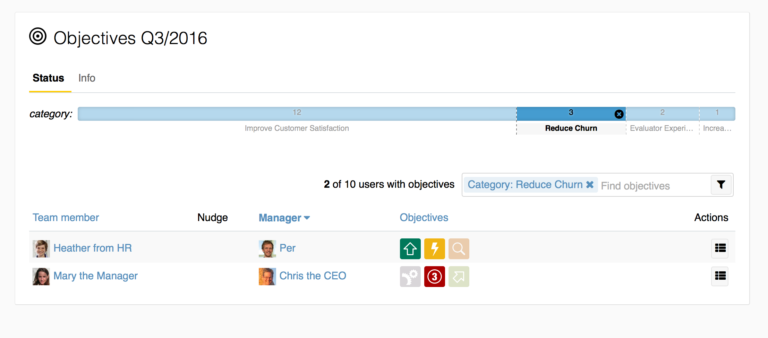Performance reviews can be a time to promote growth and development among employees. For years, companies have also used these reviews to make salary decisions. This isn’t surprising, given that 91% of companies want to tie pay to performance, and appraisals are sometimes the only formal record of an employee’s contributions. But trying to make pay decisions based on performance reviews can get in the way of employee growth. Here’s why, and what you can do instead.
Why it doesn’t work
Thoughts are clouded
When performance reviews directly determine raises and bonuses, self-assessments can become an attempt to justify a raise rather than a time to learn from one’s own mistakes. Employees then enter the discussion with money on their minds. Rather than absorbing and processing feedback, they are likely trying to predict the impact it will have on their compensation.
During a performance review, honest and open discussion can help managers learn and grow, too. But if a pay raise hangs in the balance, employees may be hesitant to talk about how their managers could support them better.
Performance reviews should be learning opportunities that lay the foundation for future development. Having money on the table makes this difficult, if not impossible.
Culture takes a hit
Pairing performance reviews with salary decisions breeds a culture of competition rather than collaboration. If it comes down to you or the person next to you getting a bonus or raise, it’s easy to start comparing their performance to yours. Research suggests this competition can lead to “self-serving, egotistical behavior,” such as bad-mouthing others in a performance review to protect your own standing.
For Lear, cutting pay from performance reviews for 115,000 staff resulted in “a noticeable increase in collegiality” as the anxiety around performance reviews diminished. A growth culture requires self-reflection and vulnerability, not a hyperfocus on individual recognition.
The way forward
Separating compensation from performance reviews won’t ease tensions around pay unless there’s a better way forward. Try this:
Hold a separate pay talk
Don’t leave employees in the dark about whether and why they’ll receive a raise – or what’s missing. Have a conversation about salary, not under the guise of anything else, preferably at least a few weeks apart from the performance review. This allows the performance review to focus on employee development, while also creating a separate space for employees to have important discussions about their salary.
Be transparent
Being transparent about compensation helps set expectations with employees and lessens perceptions of bias and subjectivity that can creep into performance reviews. Management transparency has been cited as the number one factor in determining employee happiness. Buffer is one company that’s embraced this desire for transparency by publishing their salary formula, which explicitly outlines the factors that are used to determine pay.
Design a career framework
Some companies are creating and sharing career frameworks that define transparent criteria for pay and career progression in their organizations. Spotify is one of the companies that has published its career framework online, where it outlines the skills, behaviors, and impact needed for each step.
At Spotify, you can expect your next promotion “when you and your manager agree that you are consistently operating at the next step. Specifically, promotions do not need to be tied to the annual salary review cycle,” reinforcing the distinction between performance development and pay decisions that’s possible using a career framework.
A new focus on reflection and development
In an attempt to motivate top performers and ground pay decisions, performance reviews have often been the foundation of raises and promotions. But when performance reviews are tied to money, both employees and their managers find it hard to focus on much else beyond that potential pay raise or bonus. Taking money off the table allows performance reviews to get on with what they set out to do, reflecting on performance and helping employees grow.



